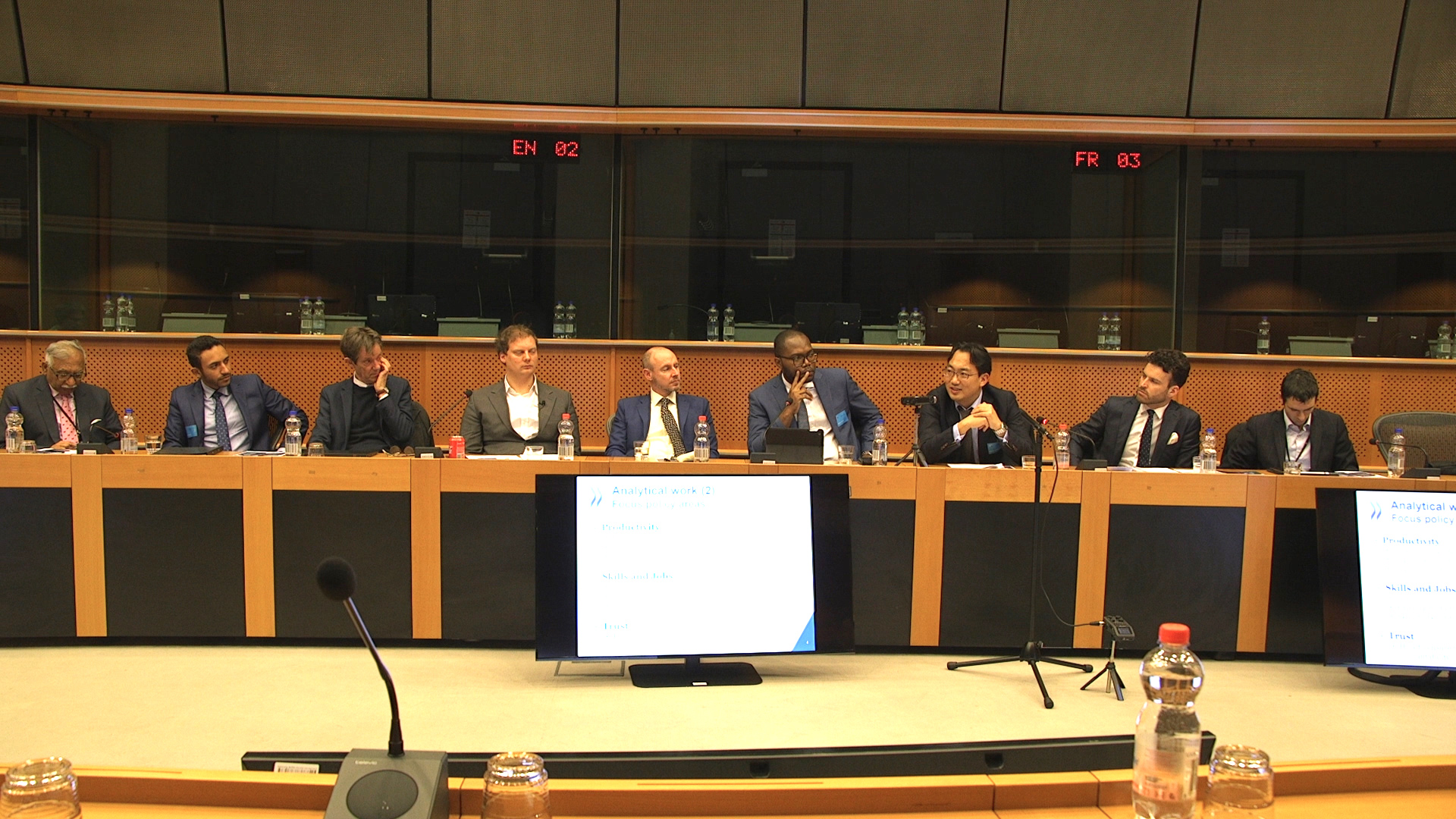Last month The Cobden Centre organised the Future of Artificial Intelligence roundtable discussions in the European Parliament. We had the IMF, United Nations, OECD, startups, consumer groups and companies like Intel all attending and speaking. The event was hosted by Daniel Hannan MEP, who joined the board of the Cobden Centre last year.
The OECD have put together an interesting platform for discussion – a “clearing house” for artificial intelligence policy discussion. Over the coming years, there will be a plethora of ideas for how artificial intelligence will develop economically. Is it different from other, previous technological revolutions such as electricity and the internal combustion engine, or will this play out in much the same way? Can predictions be made as to how AI will develop? AI is now at the cutting edge of policy thinking in institutions such as the IMF as well as in think tanks.
The panel discussed, among other things, the economics of artificial intelligence. By bringing together several of the leading economics institutions in the world as well as AI companies, we had a unique opportunity to discuss how trends are likely to play out. Moore’s Law has become central to AI thinking within the realm of economics, yet there are indications that it is now slowing. AI engineers such as Ray Kurzweil, however, believe that computational power will continue to increase exponentially as it has done for the last few decades.
The IMF discussed how the US and China are more advanced in AI than Europe and what could be done to rectify this. This will be one of the most important issues over coming years – can Europe close the gap with the US and China in AI research? It will feed into all other domains – economic growth, military power and health and medicine among others. Riccardo Massucci, Global Director of Privacy Policy at Intel, discussed how we can create a future that benefits everyone with respect to privacy rights and AI.
Last year I gave a speech at the Association for the Advancement of Artificial Intelligence in Washington and was encouraged by how eager AI professionals are to work with policy-makers. This field will present some of the largest challenges to our political and economic institutions over the next generation – but also has more promise for a more prosperous future than any other field.



